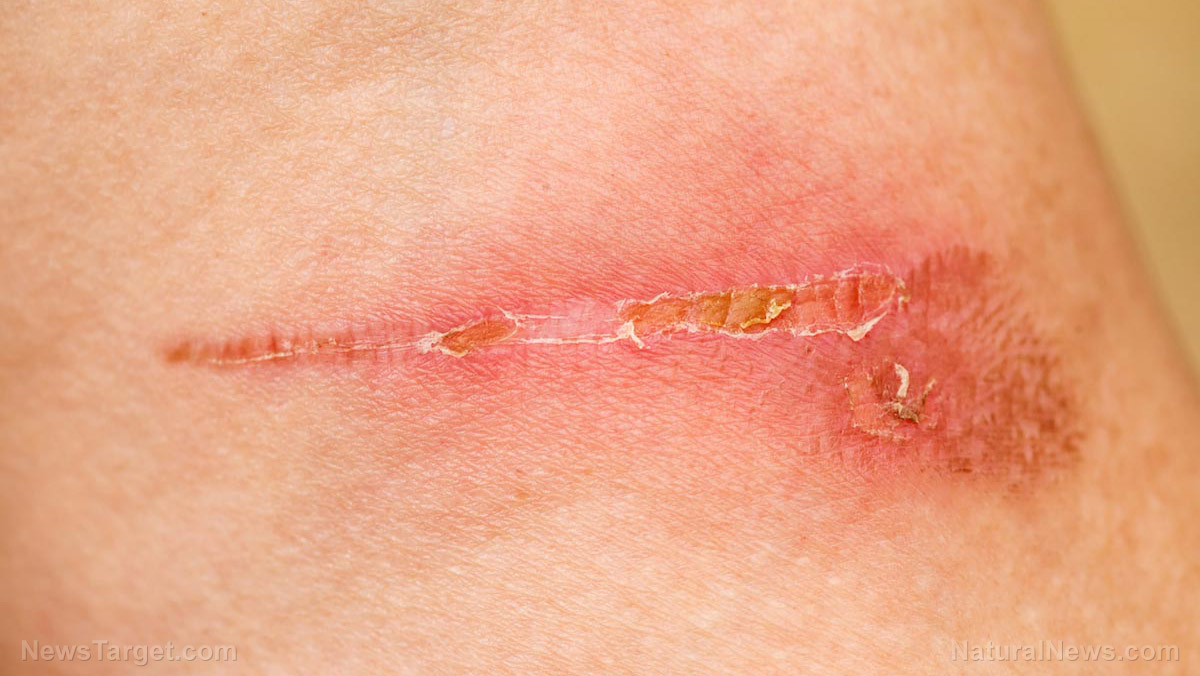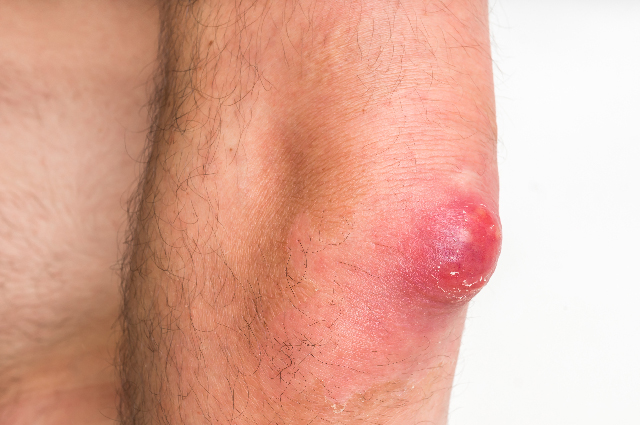New research shows the skin “remembers” injuries, which helps it heal faster the next time
09/20/2018 / By Janine Acero

A study from The Rockefeller University reveals that wounds or other harmful experiences caused by inflammation impart long-lasting memories to the stem cells residing in the skin, teaching them to heal subsequent injuries faster.
In the study, the researchers discovered that the stem cells deep within the inner layers of our skin, which are responsible for replenishing the outer layers, take their cue from inflammation, the body’s response to injury or infection.
When the skin experiences irritation such as a sunburn, or infection by microbes, or injuries such as a paper cut, it becomes inflamed – red, swollen, and painful – as its way to initiate repair to the damaged tissue. The stem cells were found to remain in place after the skin has recovered from inflammation, and will recognize a recurring inflammation coming on after being sensitized to it the first time, and will respond to it more rapidly. (Related: Adult stem cells treat a host of diseases, say doctors.)
In experiments with mice, the research team found that wounds closed more than twice as fast in the area of the skin that had already experienced inflammation than in the area that had never been damaged. This holds true even if the initial inflammation happened as far back as six months earlier, the equivalent of about 15 years for a human. The team determined that the healing sped up due to the stem cells’ faster reaction to repair the recurring damage.
The experiments are described in detail in the Rockefeller website.
The first evidence that the skin could remember an inflammatory response was discovered by senior researcher Elaine Fuchs. According to Fuchs, this could have major implications towards treating a range of medical conditions.
The new results also suggest that the skin itself could contribute to this recurring reaction in some autoimmune diseases such as psoriasis, a disorder marked by scaly, red patches that often flare up repeatedly in the same spot.
“By enhancing responsiveness to inflammation, these memories help the skin maintain its integrity, a feature that is beneficial in healing wounds after an injury,” said Fuchs, the Rebecca C. Lancefield Professor and Howard Hughes Medical Institute investigator. “This memory may also have detrimental effects, however, such as contributing to the relapse of certain inflammatory disorders such as psoriasis.”
The researchers believe that studies like this, where the inflammatory responses of cells are explored, could revolutionize our understanding of many diseases such as cancer, and “likely to lead to novel therapies.”
As with all other bodily functions, the healing capacity of stem cells diminishes with age and is disrupted by cancer – reprogramming through inflammation may have significance for these conditions, according to the scientists.
The research was featured in Nature.
Read more about medical science breakthroughs at FutureScienceNews.com.
Sources include:
Tagged Under: biomedical research, cancer, healing, inflammation, inflammatory response, medical breakthroughs, new treatments, Skin, skin inflammation, Stem cells


















